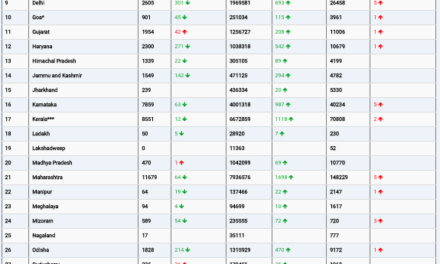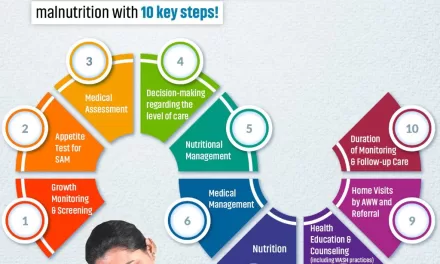A recent study led by researchers at the University of Rochester Medical Center (URMC) has found that antibodies present in breast milk offer critical protection against rotavirus, a common gastrointestinal infection that can cause severe diarrhea, vomiting, and fever in infants. The study highlights the vital role of breastfeeding in safeguarding newborns, particularly through the transfer of specific antibodies that enhance the infant’s immune defense.
Rotavirus is a leading cause of gastroenteritis in infants, and the study, published in the Journal of Clinical Investigation, revealed that babies whose mothers had higher levels of certain antibodies in their breast milk were able to fend off the infection for a longer duration. These findings are expected to influence future breastfeeding practices and research aimed at optimizing infant health.
Dr. Kirsi Jarvinen-Seppo, MD, PhD, professor in the Division of Allergy and Immunology at UR Medicine Golisano Children’s Hospital (GCH), led the research, which involved analyzing breast milk samples from 695 women across five countries: Finland, the U.S., Pakistan, Peru, and Bangladesh. The study measured specific IgA and IgG antibodies, known to be present in breast milk, and their responses to a variety of pathogens, including rotavirus. These antibodies are key players in the body’s immune defense system.
“We would expect to find differences in antibody levels in different countries due to varying disease exposures, but this is one of the first comprehensive, head-to-head comparisons across multiple pathogens and continents,” said Dr. Jarvinen-Seppo. “It was encouraging to see a clear link between higher antibody levels and delayed rotavirus infection in infants, and this finding was validated across diverse populations.”
Global Disparities in Antibody Levels
The study, funded by the Bill and Melinda Gates Foundation, found notable differences in the antibody profiles of breast milk between mothers in high-income countries (HICs) and those in low- and middle-income countries (LMICs). Milk from women in LMICs exhibited higher levels of antibodies, especially IgA and IgG, which are crucial for defending against gastrointestinal and respiratory pathogens like Shigella and pneumococcus. These pathogens are significant contributors to child morbidity and mortality in many parts of the world.
This discovery suggests that maternal immunity is heavily influenced by regional economic and environmental factors, which could shape future interventions for boosting immune protection through breastfeeding.
Unexpected Findings: BMI and Antibody Levels
Another surprising finding of the study was the relationship between a mother’s body mass index (BMI) and antibody levels in her breast milk. Higher BMI was associated with lower levels of antibodies, contradicting the researchers’ expectations.
“We had initially hypothesized that underweight mothers might produce fewer antibodies due to poorer nutritional status,” Dr. Jarvinen-Seppo explained. “However, the association between higher BMI and lower antibody counts could have important implications, particularly in light of the rising global obesity rates. This is a novel finding that requires further investigation.”
Implications for Infant Health
While the study’s findings on rotavirus protection are significant, they also underscore the need for further research into how maternal health, economic status, and environmental factors influence the quality of breast milk. As breastfeeding remains a cornerstone of infant health, optimizing maternal immunity through better nutritional and healthcare interventions could have a profound impact on reducing infant mortality and improving global health outcomes.
The study has paved the way for additional research into how breast milk antibodies protect against a wide range of pathogens, and how this knowledge can be used to promote healthier practices in maternal and infant care.











